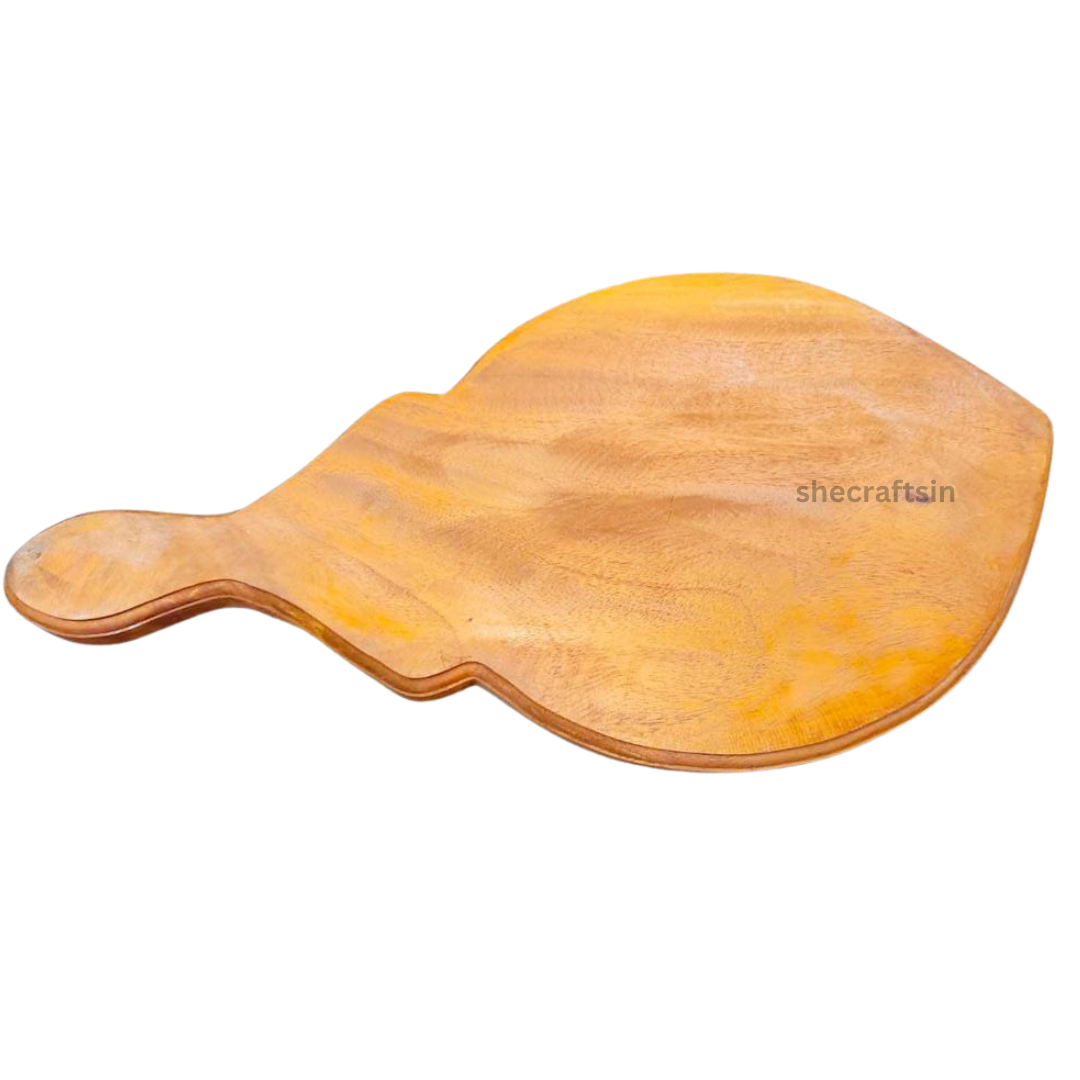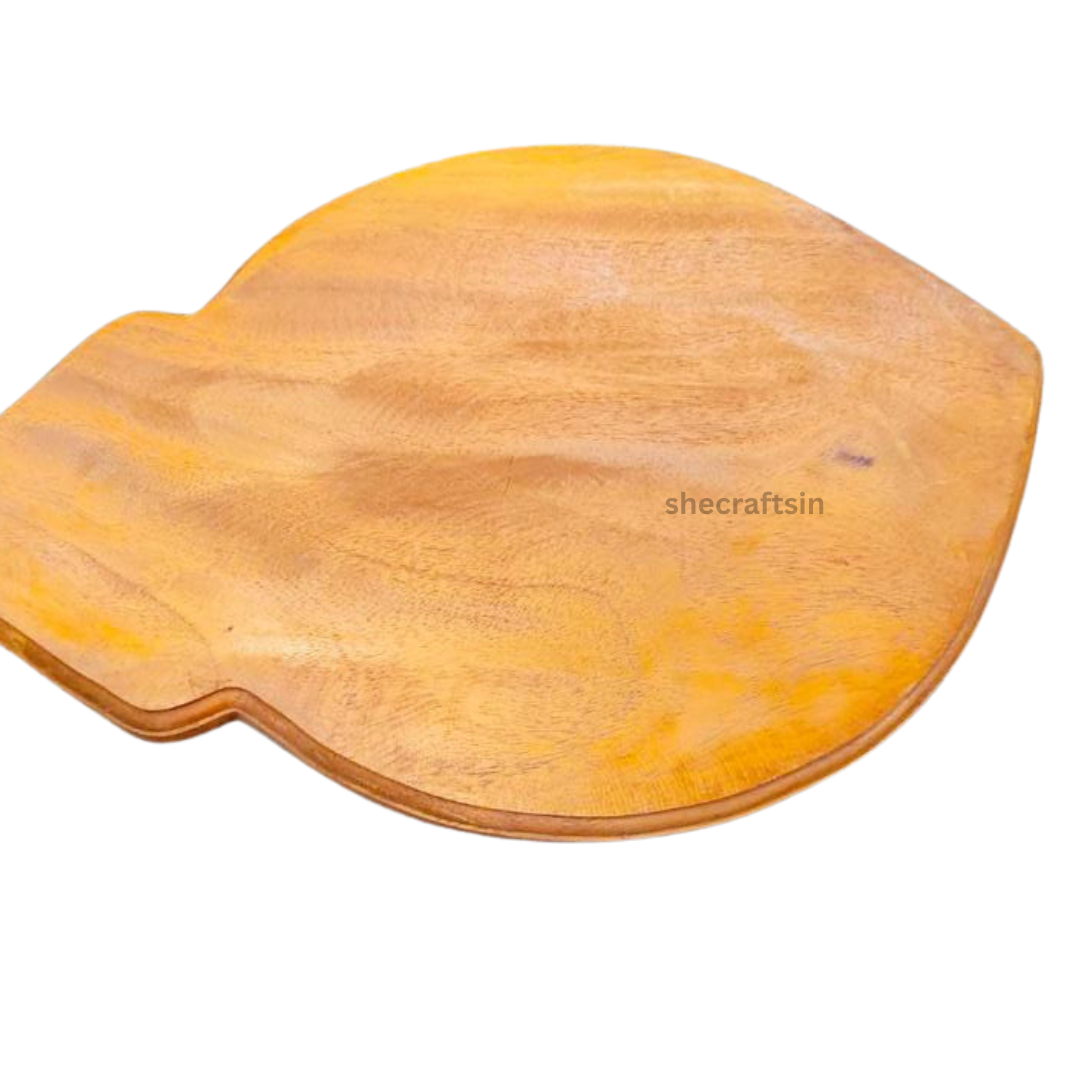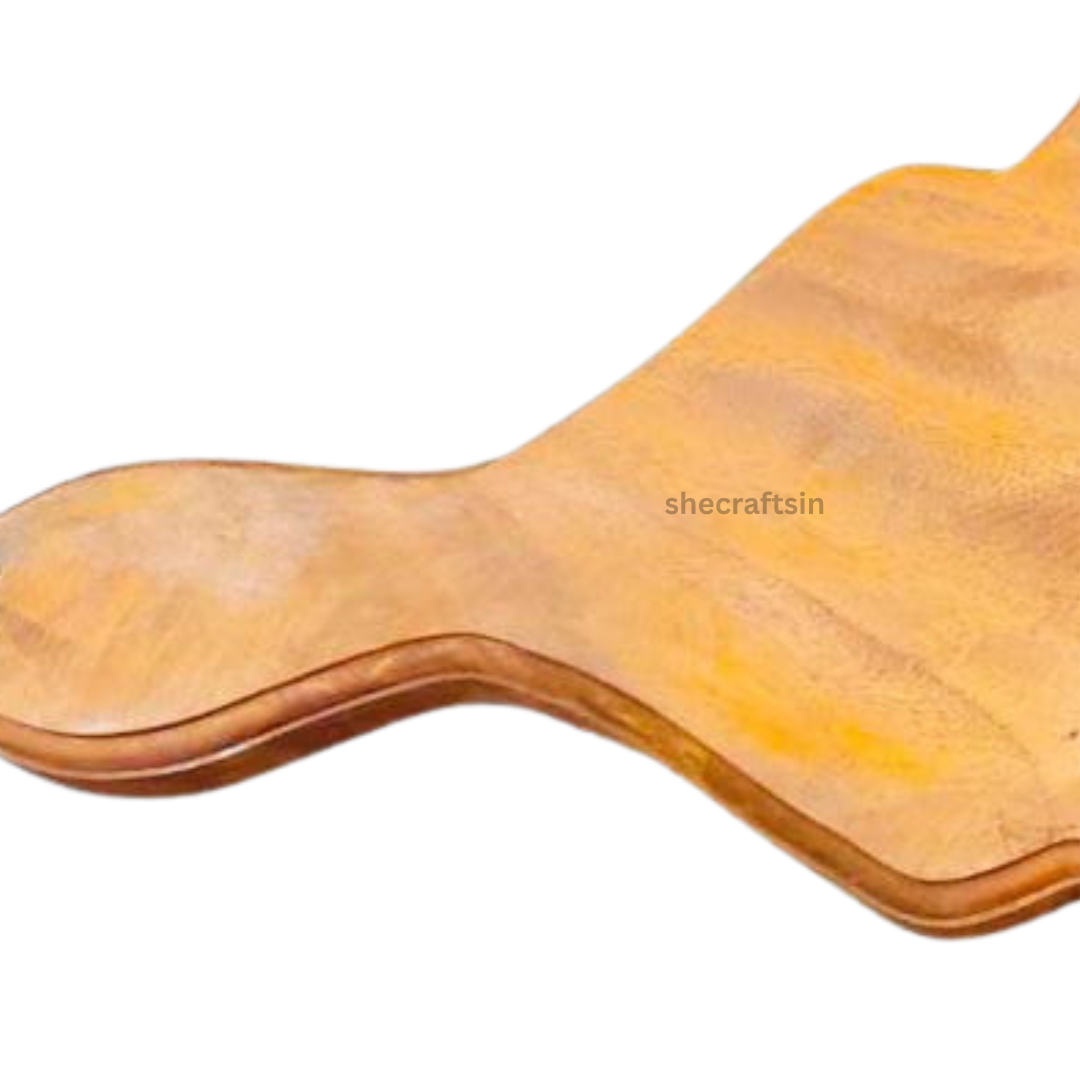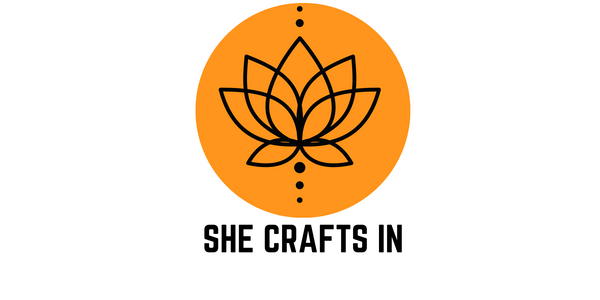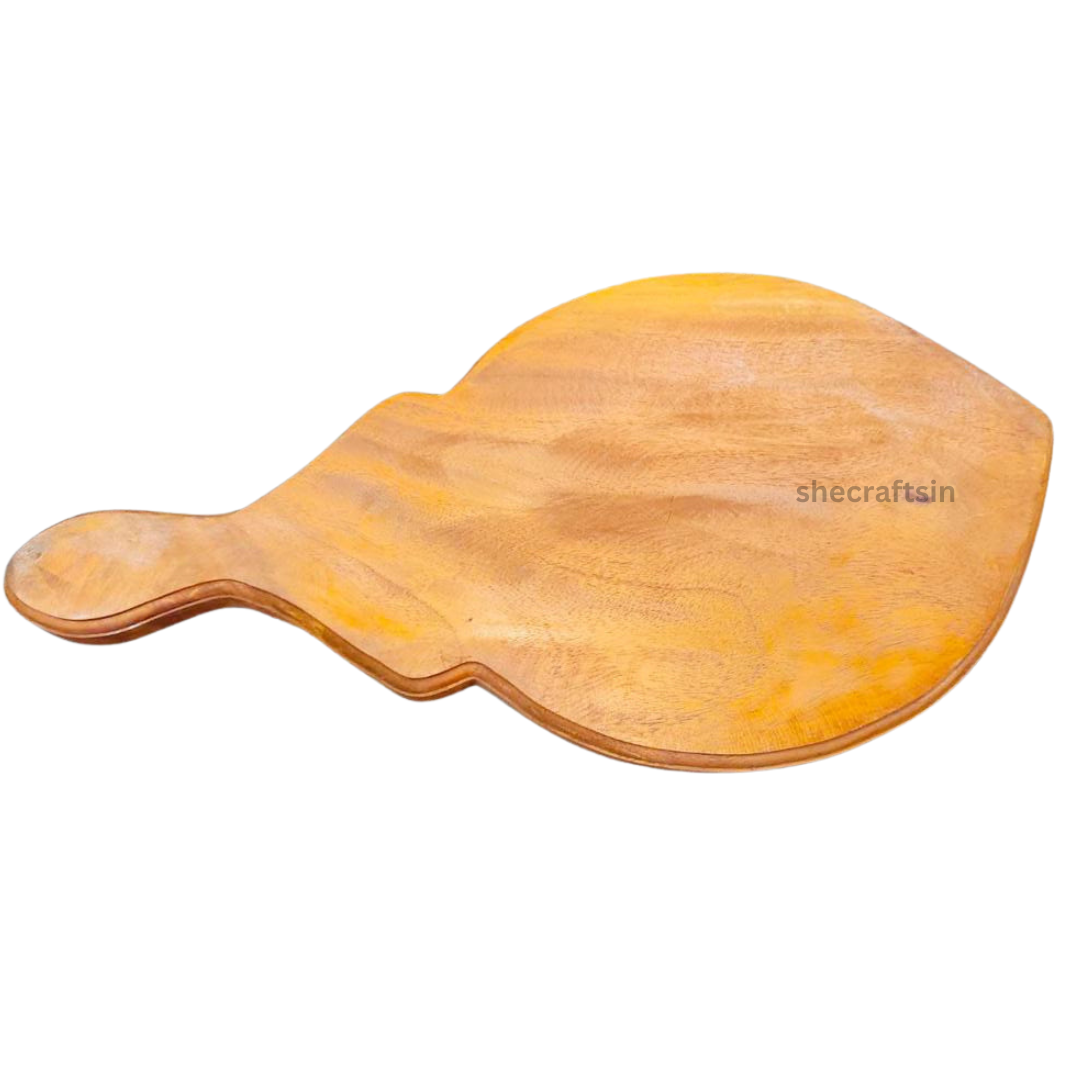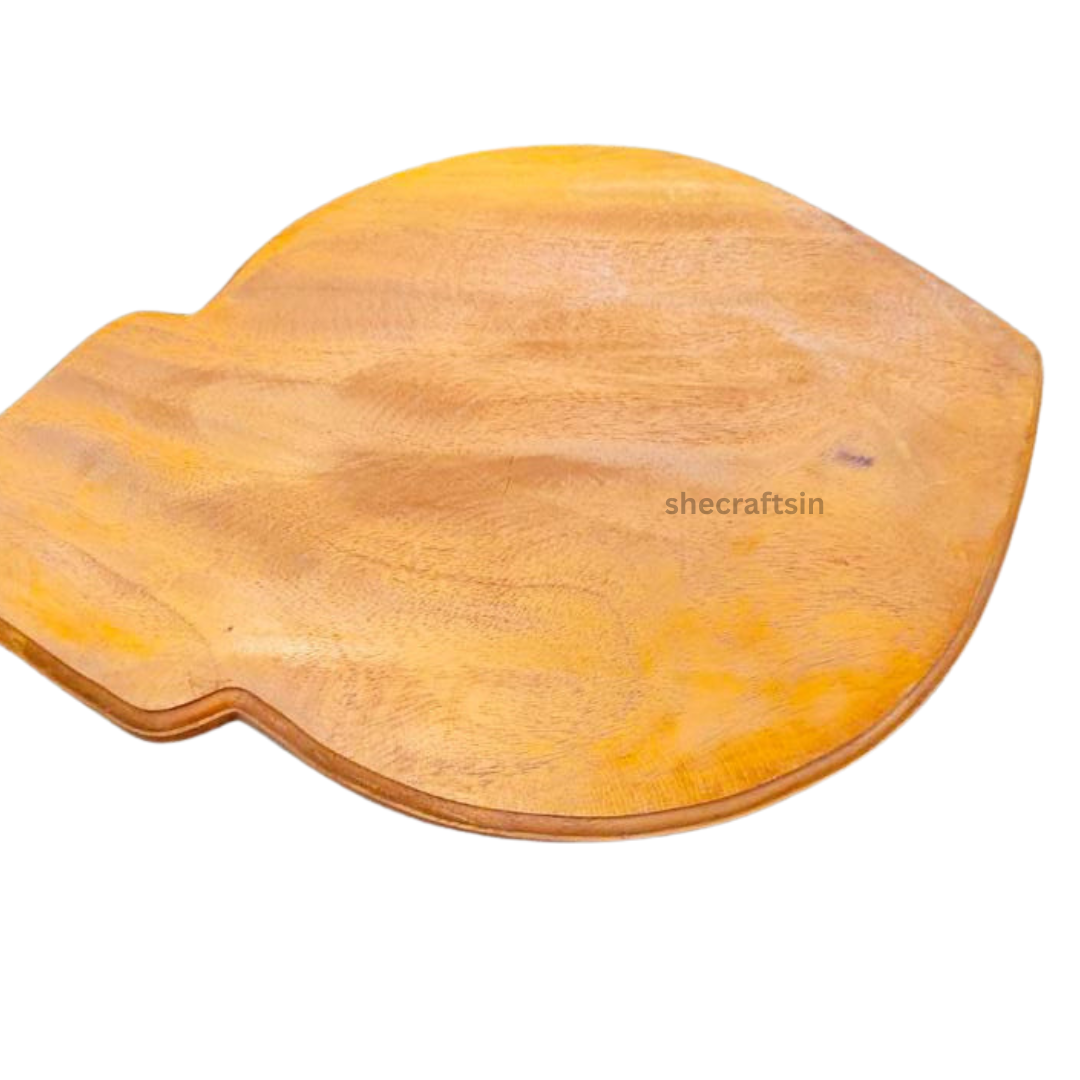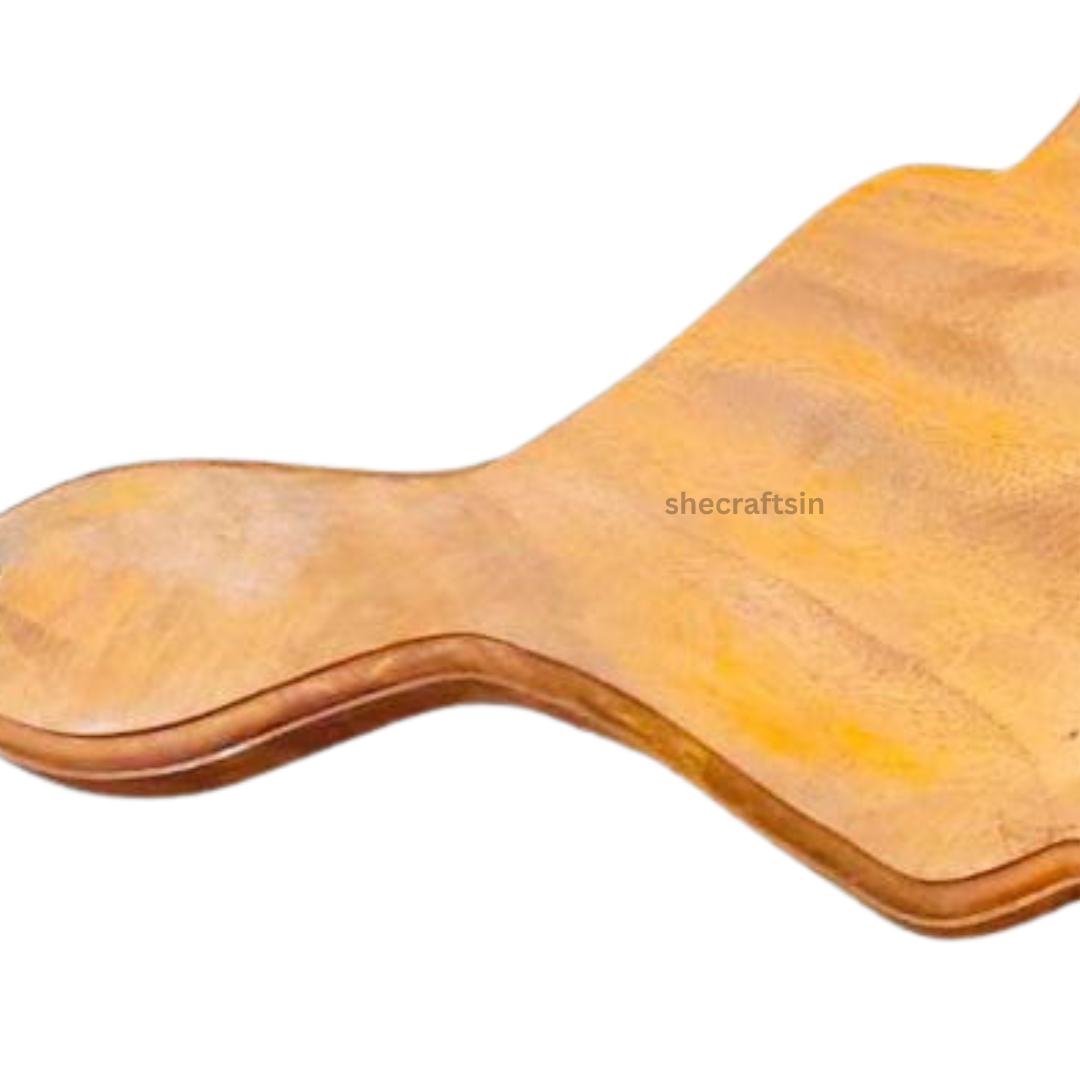She Crafts In
WOODEN HANDCRAFTED HEAVY AAVANI PALAKA | JACKFRUIT WOOD | WOODEN POOJA CHOWKI | AVANI PALAKA | WOODEN POOJA PEEDOM | TEMPLE POOJA ARTICLE
WOODEN HANDCRAFTED HEAVY AAVANI PALAKA | JACKFRUIT WOOD | WOODEN POOJA CHOWKI | AVANI PALAKA | WOODEN POOJA PEEDOM | TEMPLE POOJA ARTICLE
Couldn't load pickup availability
Aavanipalaka is a traditional piece of furniture typically found in South Indian temples and home pooja room that is in the shape of a flat sitting board. It is used during pooja in the temple and at home. Mostly used by priests. Avani Palaka is also known as " pooja aasan ". Use this auspicious avani palaka for doing pooja. This Avani palaka is made with jackfruit wood ( plavu). It is heavy with good finishing. A wooden peedom, also known as a peedam or asan, is a traditional seat or platform used by Hindu priests or poojaris during religious ceremonies and rituals. The peedom serves as a designated elevated platform from which the poojari conducts various sacred activities. The wooden peedom is typically made of solid wood, such as teak or rosewood, and is crafted with attention to detail and craftsmanship. It is designed to provide stability and comfort to the poojari while performing rituals, offering prayers, and conducting ceremonies. The peedom is often rectangular or square in shape, with four legs to provide support. It can vary in size, depending on the specific requirements of the temple or the poojari. Some peedoms may have intricate carvings or engravings, representing religious motifs, deities, or sacred symbols. The wooden peedom is considered a sacred space and is meant to symbolize the presence of divinity during religious practices. It is traditionally placed in the sanctum sanctorum or prayer area of a temple or at the altar in homes. When performing rituals, the poojari sits on the peedom, facing the deity or the focal point of the worship. It is believed that the elevated position of the peedom helps the poojari establish a stronger connection with the divine and perform the rituals with focus and reverence. The wooden peedom not only serves as a practical seat for the poojari but also holds cultural and spiritual significance. It is regarded as a sacred object and is treated with utmost respect and reverence.
